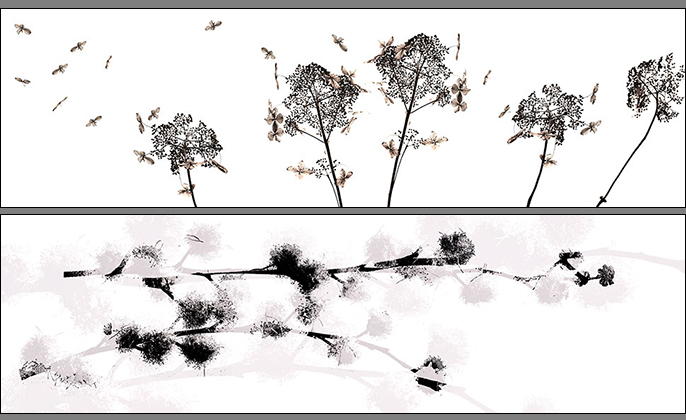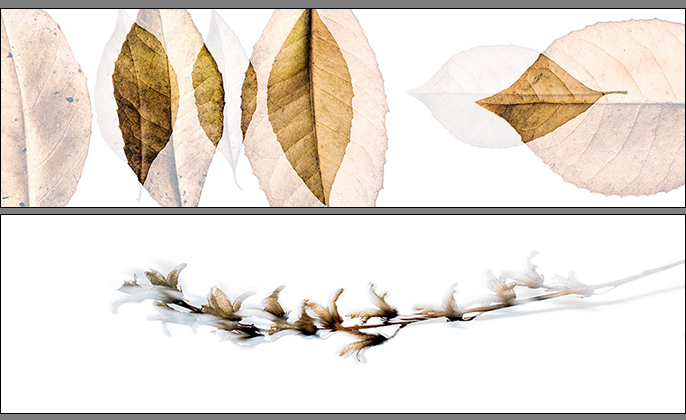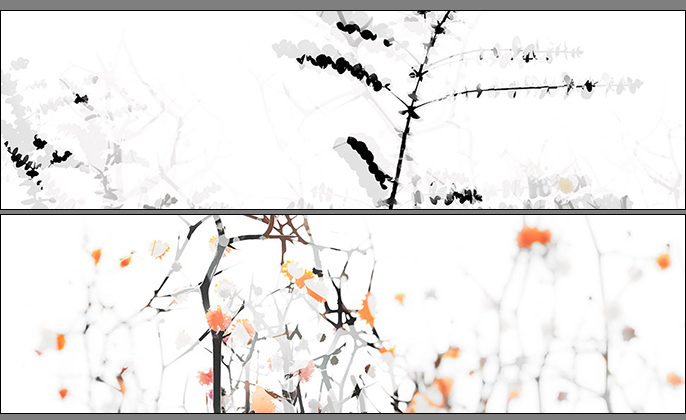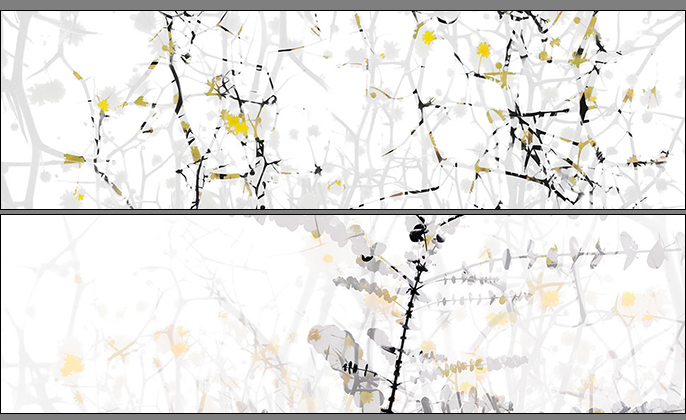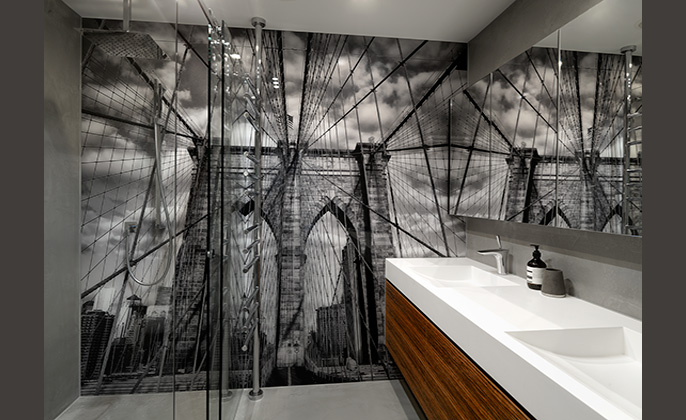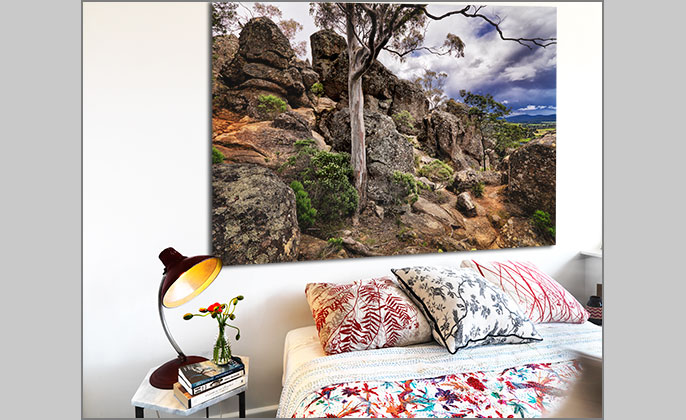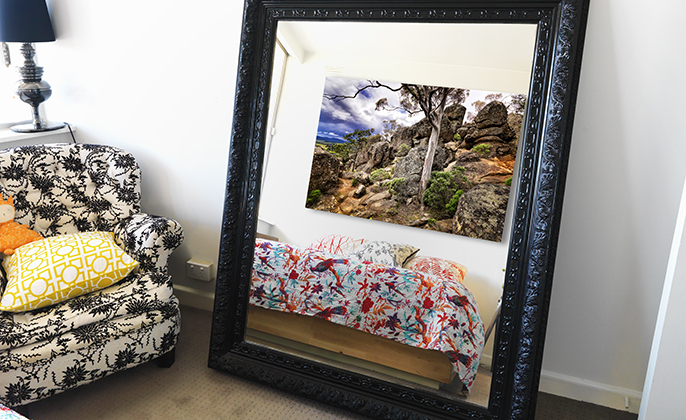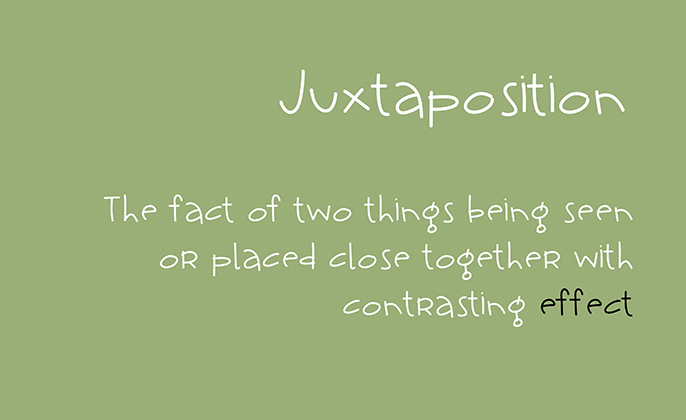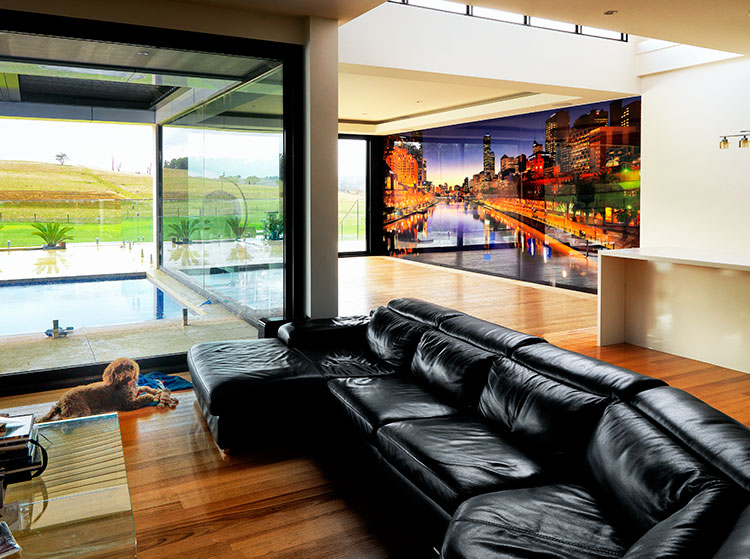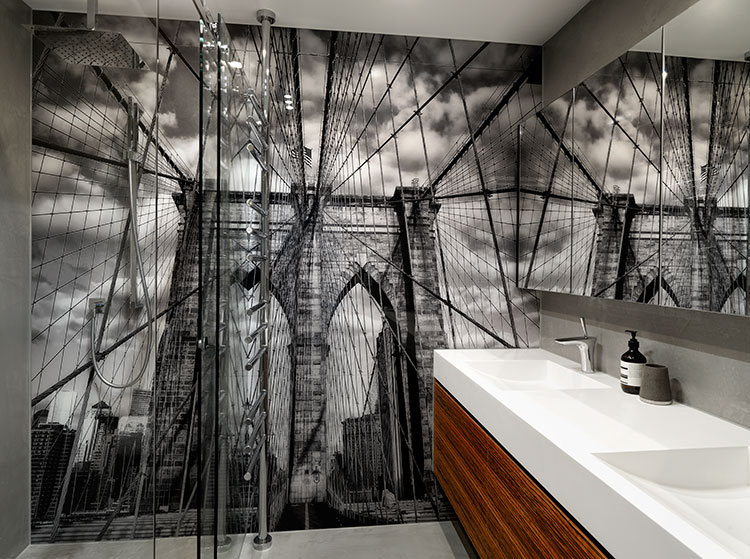
“If I see an image I like on the web, that’s free isn’t it?
I can use that image any way I like… right?”
Imagine for a moment…
You are out for breakfast on a Sunday and the woman on the next table has an elegant Louis Vuitton handbag resting on the back of her chair. You think…that is a good-looking bag, well sized; it will perfectly carry my belongings and compliment my outfit. You happen to have left your handbag at home – so you think, ‘I will have that!’ You lean over and take the handbag from the back of the chair. Would you do that? Probably not… because another person owns the bag! If you did take the bag, do you think the original owner would mind?
You can think about artworks, imagery and creative in the same way.
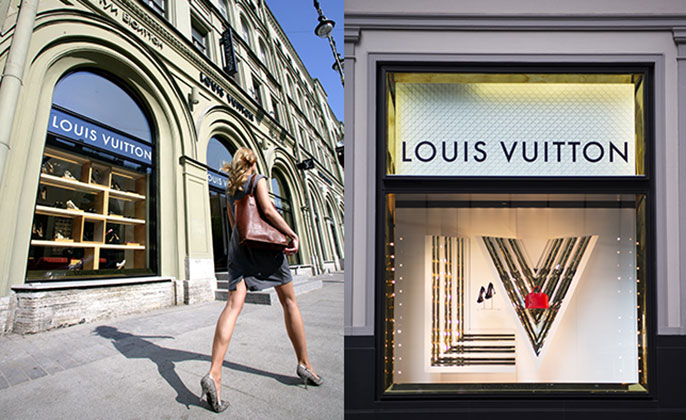
If you did take the bag, do you think the original owner would mind? You can think about artwork, imagery & creative in the same way.
Imagine you see something on the Internet you like and think it will work wonderfully as your kitchen splashback. In terms of ownership: it is safe to assume that the original creator of the image owns the work and if you would like to use it – asking permission is the thing to do.

The Internet provides great freedom of access to creative works. Please consider, each original artwork has a creator, and the creator is the owner.
“But then why have it on the Internet,” you ask? On the Internet, you can see it, you can make a copy of it in an instant, and surely everything on there is free for the taking? Well… actually… no! The creator of an original artwork may wish to promote and share their work, that’s why it’s on the Internet. And while the Internet does provide unprecedented freedom of access to creative works: please consider, each original artwork has a creator, and the creator is the owner.
Just as you intuitively know a handbag seen in a café has an owner…
Now apply the same thought process to imagery and creative you see on the Internet.
Generally speaking, when an original artwork is produced, the creator owns that work, and the right to reproduce an artwork is owned exclusively by the creator. In essence – that is what Copyright is all about. Copyright is a law to protect the rights and ownership of people who create original works.
The words of a qualified legal professional and expert in the field of Intellectual Property law can assist with understanding. Sharon Givoni wrote:
- Copyright – is the right not to be copied.
- Copyright law is intended to benefit creators.
- Copyright law can provide a protection mechanism, with the intent to provide incentive for creatives to create and invest in ideas with confidence.
- Copyright may be a complex area of law, but the underlying message is quite simple: don’t copy!
Extract from: ‘Owning It: A Creative’s Guide to Copyright, Contracts and the Law’.
This blog article is presented with the intent to increase understanding of copyright. While my explanation is dreadfully simple, of course, a professional in the area of copyright law would expand upon the vast complexities involved when interpreting and defending this area of law. But that is not really the point of the article.
The intent is to present in basic terms, the principle of a creative practitioner having the right to own their work output – along with the notion of a person taking that creative without consent or payment, is equivalent to stealing.
It is something to ponder.

Visual Resource ABSTRACT Gallery landing page. A wealth of creative inspiration at your fingertips. All works are created by VR and are subject to Copyright.
